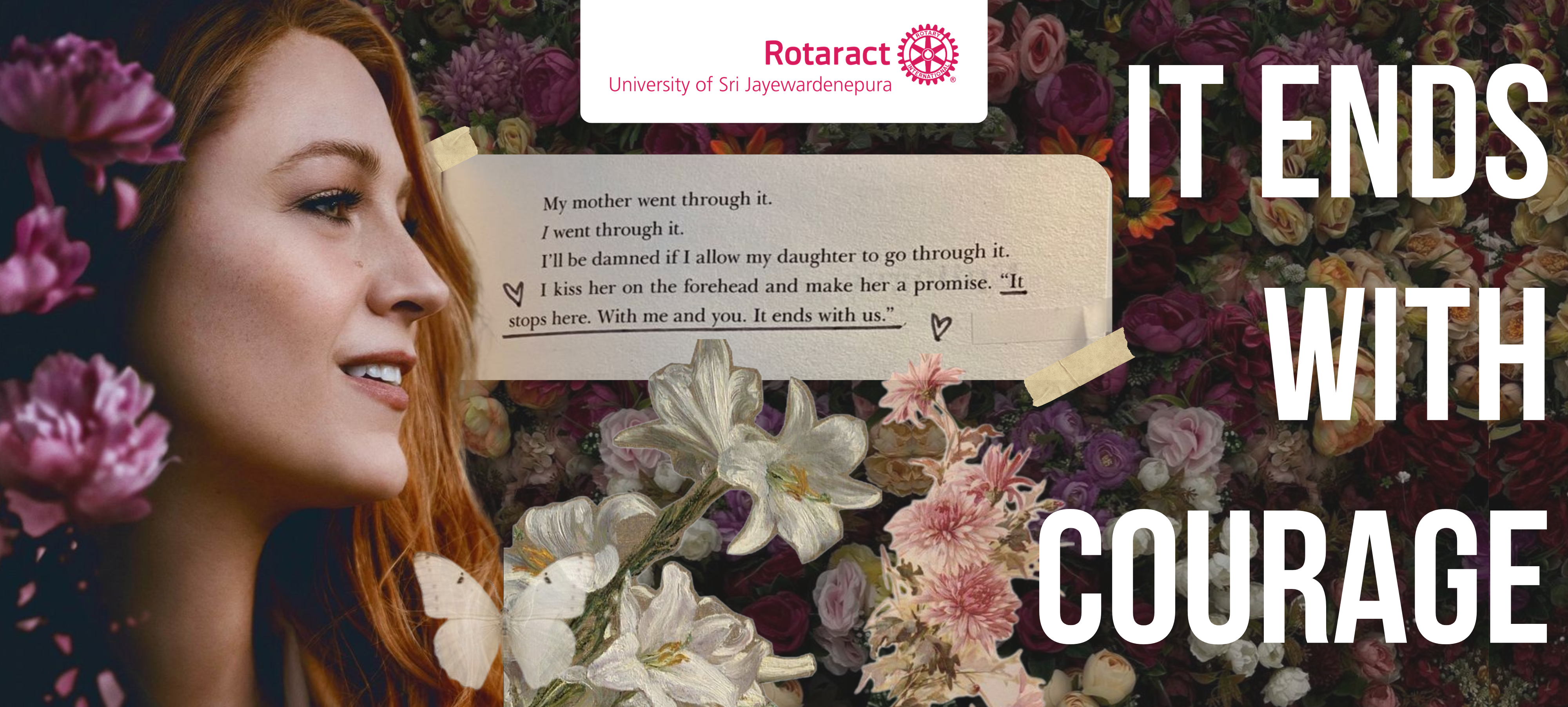Written by: Rtr. Lakna Elvitigala
“How do we redefine love? Do you define it as a chain of inherited wounds or a foundation for healing and empowerment?”
The plot of “It Ends with Us” addresses the heartbreaking significance of loss, the cyclical nature of abuse, and the complexity of love. The film’s emotional core, in my opinion, is its bravery in destroying damaging traditions that are passed down through the generations. It beautifully demonstrates how love may become tangled with the darker aspects of human experience hurt, fear, and control even though it is frequently gentle and healing. Deep strength, self-awareness, and most importantly, the drive to choose a better route even when that road seems unbearably painful are necessary to break this vicious cycle.
The narrative of Lily Bloom is a moving illustration of the difficulties that many people have while grappling with abuse, grief, and love. Her journey starts with the unsolved pain of seeing her father’s violent behavior toward her mother while growing up in an abusive home. To maintain the family’s reputation, Lily’s mother covers her suffering despite years of emotional and physical abuse. This illustrates how social constraints and the fear of being judged frequently force victims to keep quiet. In real-world scenarios, many victims, like Lily’s mother, stay in toxic relationships out of love, obligation, or a desire to maintain stability for their children, sacrificing their well-being.
The pattern of brutality Lily witnessed in her parents’ marriage is reflected in her relationship with Ryle Kincaid. Ryle across as charming and charismatic at first, but his violent tendencies and incapacity to manage his fury expose his actual character. His tendency to defend his violent actions and portray himself as a victim is typical of real-life abusers. Lily’s confusion shows the psychological tension that many victims go through and struggle to leave Ryle despite his violent behavior. It might be hard to break out since the moments of affection and the desire for improvement frequently overwhelm the pain.
In Lily’s life, Atlas Corrigan stands in contrast as a source of emotional stability and safety. He shows how supportive connections may serve as lifelines for those trapped in abusive situations by recognizing Lily’s risk and showing empathy for her hardships. Many people, like Lily, find themselves looking for emotional security and empathy, qualities often absent in toxic relationships.
Lily’s strength is demonstrated by her resilience and will protect her daughter Emmy from the abusive cycle. Lily breaks the family cycle of violence by deciding to put her and Emmy’s well-being over Ryle’s. Many survivors who have the guts to leave abusive marriages for their children may find calm in this decision. By naming her baby Emmy after Ryle’s sibling, Lily demonstrates her compassion and commitment while attempting to see the positive aspects of Ryle while maintaining her limits.
The story also clarifies the stigmas and social pressures associated with abuse. Many victims, like Lily’s mother, suffer in silence out of fear of being judged or feared. But in the end, Lily’s choice to put her happiness and safety first shows a developing understanding of the value of oneself and the right to an abuse-free existence. Her story encourages people to accept their power and take proactive measures to become independent and heal.
Thus, Lily illustrates the intricacies of love and the long-lasting effects of abuse in real life. They serve as a reminder that although love has its beauty, one’s safety or dignity should never be sacrificed for it. A strong example of resilience, Lily’s ability to start afresh and provide a secure home for her child demonstrates that it is possible to overcome even the most trying situations and find happiness and hope outside of abuse.


0 Comments